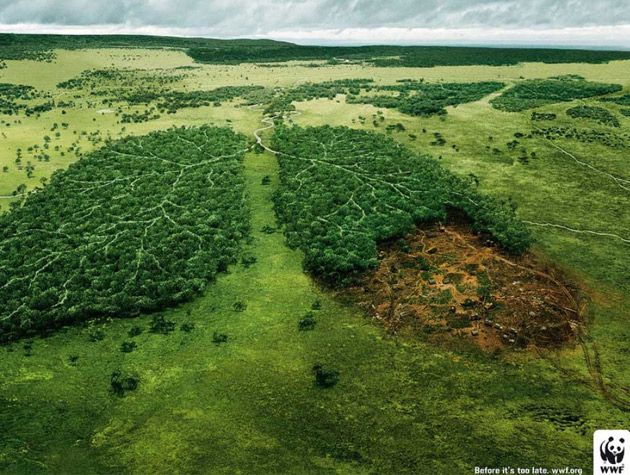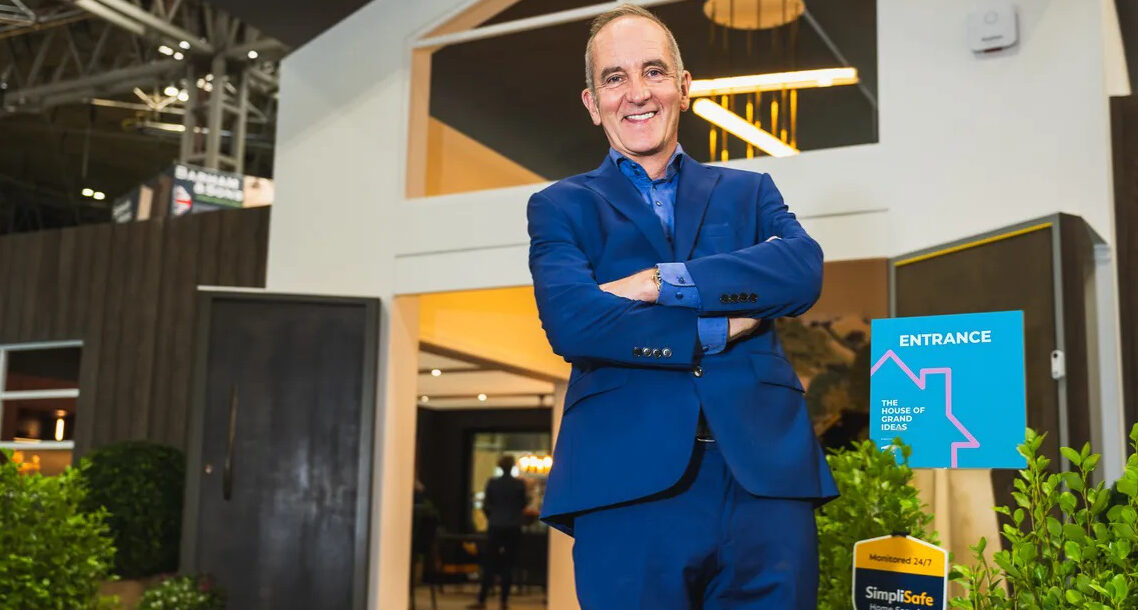Kevin McCloud on sustainable timber and escaping to the wild
As yet more TV houses embrace recycled materials, the WWF launches a campaign for sustainable timber
International architectural wonders were the focus of my recent Channel 4 series Escape to the Wild, and I hope you enjoyed them as much as I did. Jago and Lucy’s tubular earthbag building, designed in conjunction with a pair of Chilean architects, wins the series prize for obstinacy, given that it was built in record time in the primary fallout zone from the Villarrica volcano (which erupted a month after we left).
But the award for utter, rabbit-out-of-a-top-hat beauty has to go to Richard and Alisa in the south Belize jungle. They produced, seemingly from nowhere, an earthship. Not just a common or garden earthship with car-tyre hairdo and recycled mud walls, but a sculpted, three-storey house with a roof deck, crystal-skull bar (skull courtesy of two hundred recycled rum bottles), Mayan bas-reliefs and walls of azure and ultramarine blue studded with a sea of jewels (bottles again, this time Bombay Sapphire gin) to rival Paris’ Sainte-Chapelle.
You’ll have detected that the construction depended on some intensive alcohol consumption, but this was by other people; Richard and Alisa’s new home was made almost entirely out of rubbish and recycled empty bottles. The design – aided by the master of the earthship, architect Mike Reynolds – is captivating, original and one of the most beautiful homes I’ve seen. I don’t think you’ll ever witness another house like it.

Jago and Lucy’s tubular earthbag building from Escape to the Wild. Photo: Paul Ryan-Goff/Channel 4
Fight for the forests
I can’t quite believe that we lose an area of tropical rainforest the size of a football pitch every two seconds. Shocking. It’s not just down to legal forest clearance but also illegal logging, which happens on a vast scale. World demand for timber is set to triple by 2050. What’s more, the clearing of forests is often driven by the need for agricultural land – to grow palm oil and soya.
The effects of this are insidious. With every patch of hillside felled and cleared, we lose more of the planet’s green lung: our tropical and sub-tropical forests are responsible for oxygen production, carbon sequestration and the establishment of weather systems. We also lose biodiversity and species; there are perhaps tens of thousands of unrecorded types of animal and plant in these forests, from which we could yet learn something.
And, of course, we’re in danger of losing the high-profile endangered creatures whose habitats are under threat. These include the Amur leopards and Amur tigers in eastern Russia, the orangutans of Borneo and the Sumatran tigers of south-east Asia.
An appalling side effect of logging and the conversion of forest to agriculture comes from the creation of road systems – which make it much easier for poachers to gain access to new areas of forest. One victim is the forest elephant of central and west Africa, whose numbers are being decimated by ivory poachers.

Photo: WWF
WWF has started a Forest Campaign, to reverse the process of deforestation and close the scandalous loopholes that exist in international timber trade. It’s going to be hard enough to make the processes legal, let alone sustainable (‘legal’ simply means the government of a country has allowed the trees to be cut down and traded), but that is WWF’s admirable goal.
The UK is currently one of the hottest destinations in Europe for illegal timber, and European legislation – though well-meaning – has so many exemptions that only half the timber goods we import and distribute are covered. Picture frames and musical instruments are just two examples of exempt items.
The WWF’s first objective is to alter EU law, which is coming up for review at the end of this year. Its second is to work with British retailers and distributors to change purchasing habits, so that by 2020 they buy and sell sustainable timber only (Travis Perkins, Tesco, B&Q, Boots, Sainsbury’s and Marks & Spencer have already signed up).
The third target is to drive a transition in the British and European markets to wholly sustainable timber by 2020, with the eventual goal of making responsible forest trade the norm.
So, you might be wondering whether that glossy guitar or cello you bought your daughter is illegal (likely, I’d say). Or whether your toilet paper ought, technically, to be banned (also possible). But don’t just wring your hands and burn the children’s musical instruments; sign up to support WWF’s campaign at wwf.org.uk. This is a real chance to change European legislation and the culture of how we buy and consume timber.









